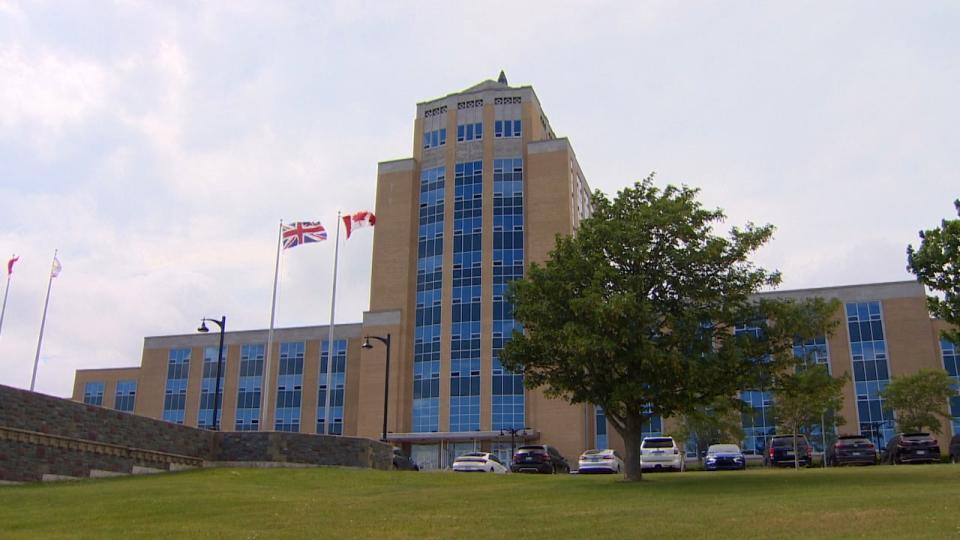Lawyer disappointed no action taken on Crown land disputes during spring legislative session


Real estate lawyer Greg French estimates thousands of people across Newfoundland and Labrador — especially in rural areas — could be impacted by disputes over Crown land. (Darrell Roberts/CBC)
A Clarenville lawyer estimates thousands of people have been left in the lurch by Crown lands disputes and says the problem will only get worse unless it's resolved by the Newfoundland and Labrador government.
Greg French says he has 12 active cases before the courts in which people say they own their land but the provincial government disagrees.
"There's a serious disconnect between what the public understands to be Crown lands and what the government understands to be Crown lands," he told CBC News.
French recently represented Randy and Pauline Diamond of Catalina, who tried to sell their property only for the Crown lands division to step in, contesting the Diamonds' claim to the land. The Diamonds eventually reached a $10,000 settlement with the provincial government rather than a costly legal battle to prove they owned the land they had lived on for almost 40 years.
The government has proposed changes to the Lands Act but they were not brought up in the spring legislative session.
Last week, MHAs passed a resolution to make unspecified changes to the act. But the House of Assembly is no longer sitting, and the earliest changes could be made is in the fall.
French said he's disappointed to see the matter delayed.
"This has been on the public radar for two years now, ever since the Diamond case came before the House of Assembly in 2022," said French.
Still, French said he's hopeful that the department has looked into this issue closely, adding he understands it's a complicated process that the government needs to get right.
CBC News asked Fisheries, Forestry and Agriculture Minister Elvis Loveless for an interview on Monday. There was no response by the time of publication.

The provincial government has proposed changes to the Lands Act but they were not brought up in the spring legislative session. The earliest changes could be made would be during the fall sitting. (Curtis Hicks/CBC)
In the House of Assembly on May 23, Loveless said the government needs more time to bring in changes.
French said people with legitimate land claims should be able to come forward without worrying about being penalized by the government or having to go to court.
"But we really don't know what the government's intentions are," he said.
The way the government tracks land ownership is confusing, he said. There are three different registries under three different government departments that deal with land ownership.
"All three of them will give you a different answer about who owns any given parcel of land. That's not sustainable," said French.
Tangly process
French said the problem goes back centuries, to before the island was settled by a central government. He said land value was low historically, and that meant record keeping of land ownership was poor.
"Now, when we're trying to reconcile historical practices and community understandings, we're finding that the government of Newfoundland has a very different view of what is and is not private property," he said.
In addition, government records aren't complete, he said, pointing to the destruction caused by the St. John's fire of 1892, which left 11,000 people homeless. Land grant records were destroyed but that doesn't negate the fact that the government granted land to people, he said, whether those records exist or not.
"Now we're dealing with this in long settled areas of the province and we cannot definitively say whether or not it's granted. But neither can the government," said French.
"And the government's current approach is to err on the side of intervention, which is to say that if it's not on the map [as] granted, we're going to treat it as ungranted."
French said a lot of people aren't aware the government may not consider them the owners of land until they try to sell their property or get a mortgage. He said it's a problem across the province and is especially acute in rural areas.
"Right now, the government of Newfoundland cannot definitively say what is and isn't Crown land. And because they cannot definitively say it, they can't take proactive steps to enforce against it."
Download our free CBC News app to sign up for push alerts for CBC Newfoundland and Labrador. Click here to visit our landing page.


